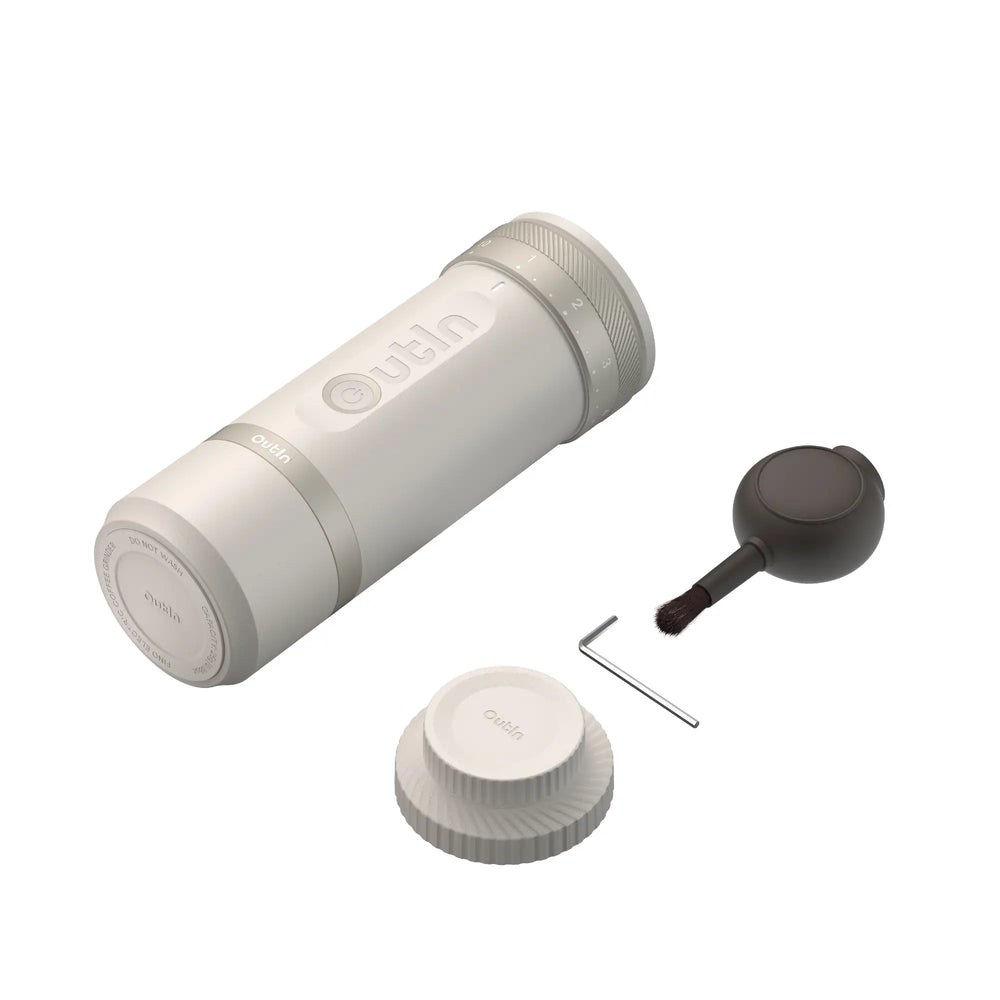Unlock Your Perfect Brew: The Ultimate Guide to Buying Coffee Grinders!
For coffee enthusiasts, the journey to the perfect cup begins long before the brewing process. One of the most crucial tools in this journey is a quality coffee grinder. A good grinder not only enhances the flavor of your coffee but also allows you to unlock the full potential of your beans. With various types of grinders available in the market, from manual to electric, burr to blade, choosing the right one can be overwhelming. This guide aims to provide you with the insights needed to make an informed decision, whether you opt to purchase your coffee grinder online or prefer the tactile experience of shopping in a physical store.

Understanding Coffee Grinders
The role of a coffee grinder is pivotal in the brewing process. The grind size of the coffee beans can significantly influence the flavor and aroma of your brew. For instance, a coarse grind is ideal for French press brewing, while a fine grind is essential for espresso. There are primarily two types of grinders: burr grinders and blade grinders. Burr grinders use two revolving abrasive surfaces to crush the beans evenly, ensuring a consistent grind size, which is crucial for balanced extraction. In contrast, blade grinders chop the beans with a spinning blade, resulting in an uneven grind that can lead to a bitter or sour taste. Understanding these differences can help you appreciate how essential a good grinder is in achieving the flavors you desire.
Types of Coffee Grinders
Coffee grinders generally fall into two categories: manual and electric. Manual grinders, often favored by purists, provide a hands-on experience and typically use burrs to grind the beans. They are portable and usually less expensive, but can require more effort and time to use. On the other hand, electric grinders offer convenience and speed, making them a popular choice for busy coffee drinkers. Within these categories, burr grinders can be further divided into flat burr and conical burr grinders, each having its own advantages. Flat burr grinders tend to produce a consistent grind size but can be pricier, while conical burr grinders are generally quieter and easier to clean. Blade grinders, while often the most affordable option, have their downsides, including inconsistency in grind size. Weighing the pros and cons of each type can help you determine which grinder aligns with your coffee-making routine.
Factors to Consider When Buying a Coffee Grinder
When shopping for a coffee grinder, several factors should guide your decision. First, consider the grind settings. A grinder with multiple settings allows you to experiment with various brewing methods, enhancing your coffee experience. Next, think about the capacity. If you often brew large quantities, a grinder with a larger capacity will save you time and effort. Ease of use is another important consideration; look for features such as one-touch operation or easily adjustable settings. Additionally, consider how easy the grinder is to clean, as coffee oils can accumulate and affect flavor over time. Finally, reflect on your personal coffee preferences. Do you enjoy experimenting with different brew methods? If so, investing in a versatile grinder may be worthwhile. A friend of mine, who brews his coffee daily, found that a grinder with customizable settings significantly improved his morning ritual.
Where to Buy Coffee Grinders
When it comes to purchasing your coffee grinder, you have the option of shopping online or visiting a physical store. Buying online offers convenience and often a wider selection of products. You can compare prices, read customer reviews, and find detailed specifications with just a few clicks. However, the downside is that you cannot physically inspect the grinder before purchase. On the other hand, shopping in a physical store allows you to see and hold the grinder, giving you a tangible sense of its quality and size. You can also ask staff for advice and get immediate answers to your questions. A drawback, however, might be the limited selection available. Regardless of where you choose to buy, remember to check the return policy and warranty options to ensure a positive purchasing experience.
Choosing the Right Coffee Grinder
Choosing the right coffee grinder is essential for enhancing your coffee experience and achieving that perfect brew. By understanding the different types of grinders, the factors to consider when purchasing, and the pros and cons of online versus in-store shopping, you can make an informed decision tailored to your coffee preferences. A quality grinder can transform your coffee routine, making it more enjoyable and rewarding. So take your time, explore your options, and invest in a grinder that suits your needs—it’s a step towards coffee perfection!







